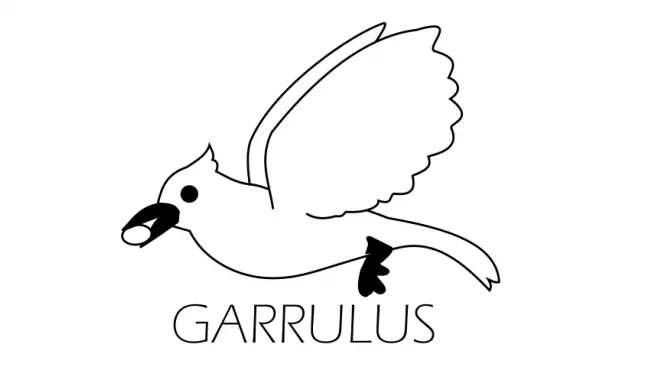Graduate Institute

Unit
Graduate Institute
Location
Sankt Augustin
Room
A 035
Address
Grantham-Allee 20
53757, Sankt Augustin
Research Projects
The Garrulus project aims to develop a fast, reliable and cost-effective method for the reforestation and monitoring of damaged forest areas in Germany. The automated direct seeding of trees offers a good opportunity to grow site-adapted and resilient trees. To this end, the sowing should be targeted at locations with the best possible conditions. Technologies such as drones and artificial intelligence should make the efficiency and effectiveness of direct seeding viable through precise seed planning, targeted drone seeding and subsequent regeneration monitoring.
Project management at the H-BRS
Prof. Dr Alexander Asteroth Prof. Dr Sebastian HoubenThe development of sustainable electromobility is one of the social challenges our time, which is considered in the research project eTa. The energy efficiency of vehicles is addressed in aerodynamic projects and optimized operating strategies. In particular, non-classic vehicle concepts are in focus. Alternative mobility concepts based on non-fossil fuels need new supply structures. The optimized expansion of the loading infrastructure is therefore another issue. But even the best mobility concept is useless if it is not accepted by society and implemented by politics and business. Therefore, acceptance questions are a central element of eTa, which will be further developed. The following areas are addressed primarily by the need to reduce energy consumption: Efficiency of the vehicles Alternative mobility concepts Efficiency of mobility concepts Technical acceptance In particular, these are questions which arise only from the combined consideration of these subject areas and are usually not fully answered in classical manner. Examples of this are optimization of hybrid controls for muscle-electric hybrid light vehicles and study of the aerodynamics of ultralight vehicles where results of the classic wind tunnel tests often do not correspond to the results of the practice. Other topics that we are dealing with are predictive operational strategies for electric combustion hybrid vehicles and loss optimization, optimization of multi-stage placement of charging stations, acceptance of alternative mobility concepts.
Project management at the H-BRS
Prof. Dr Alexander Asteroth
